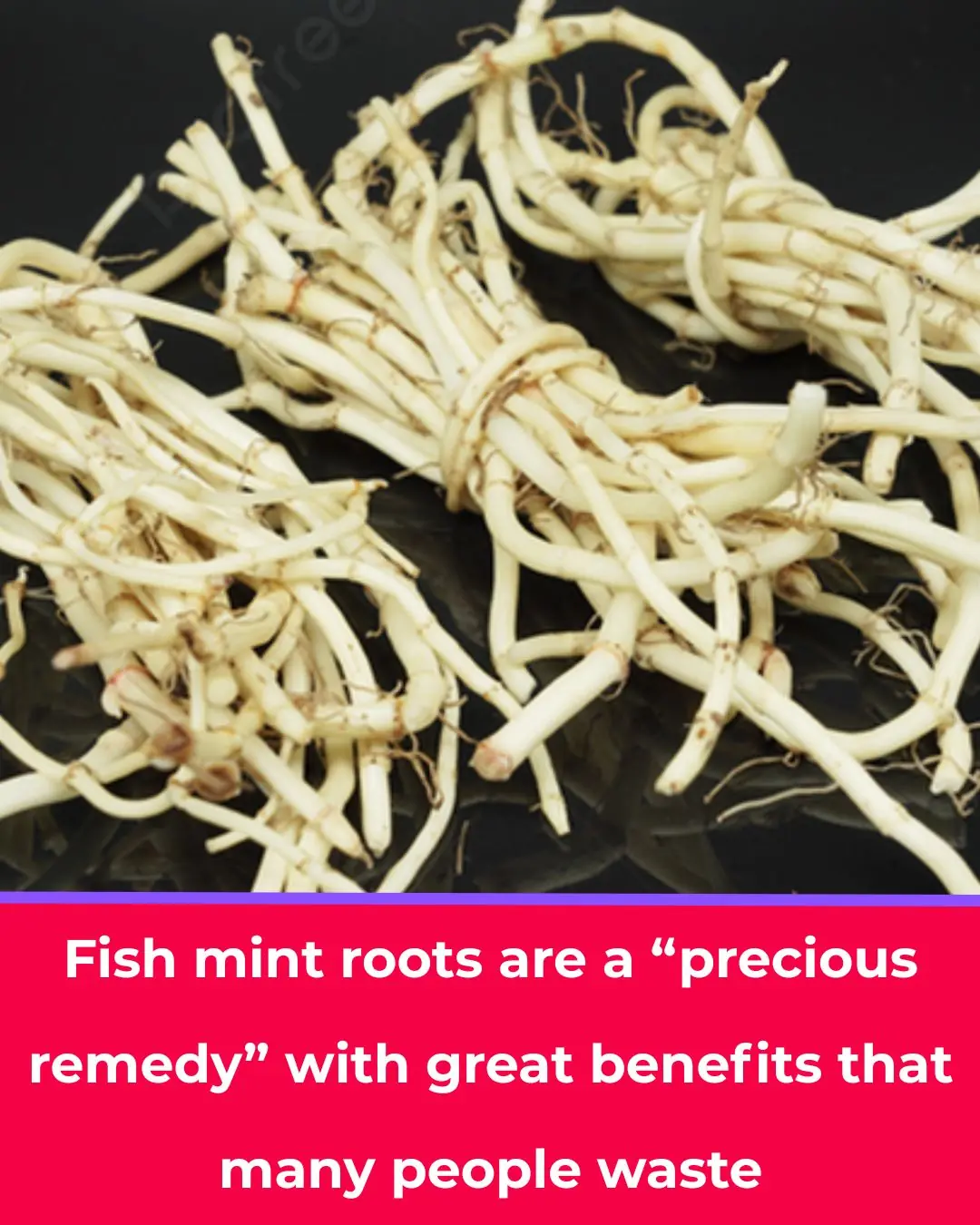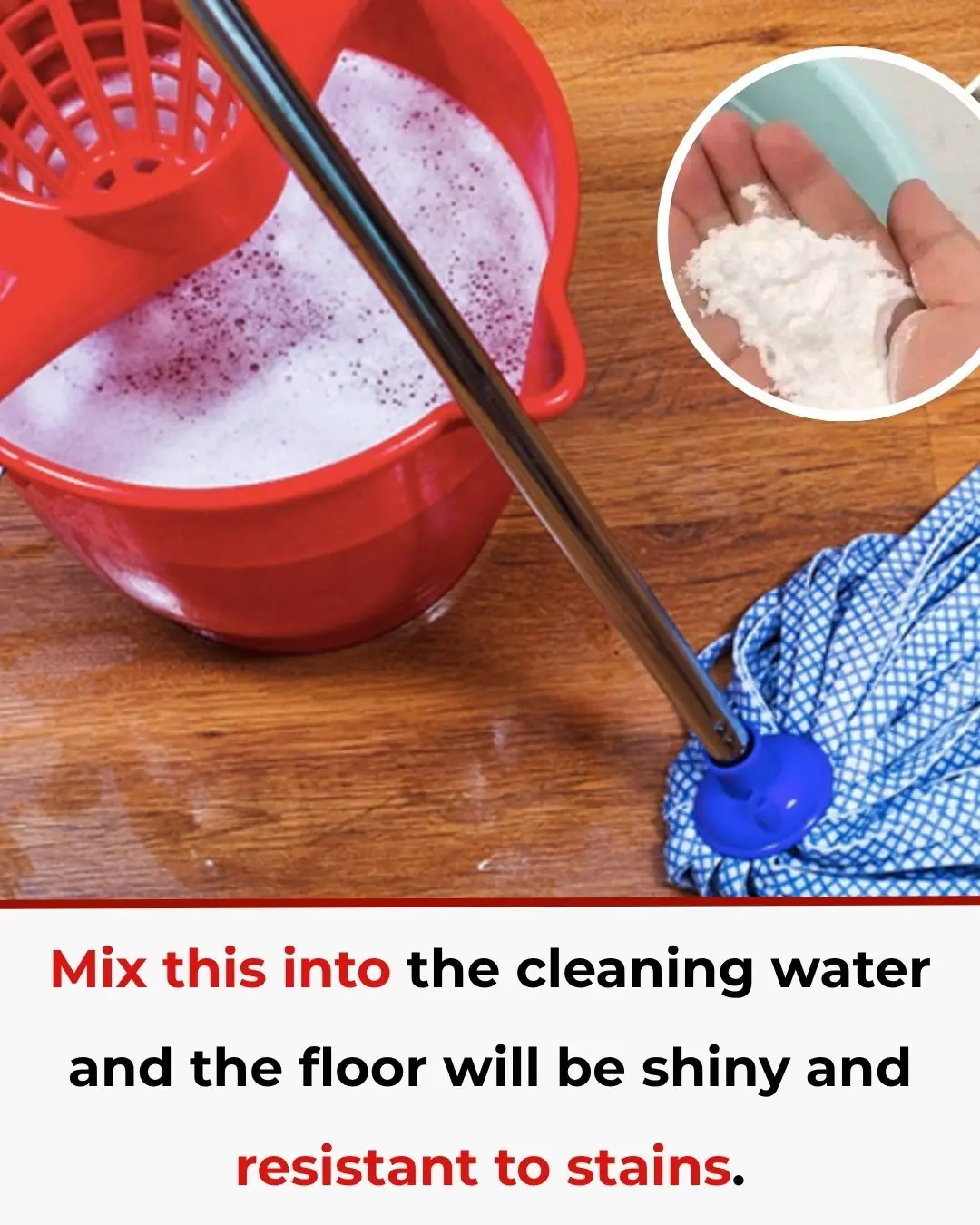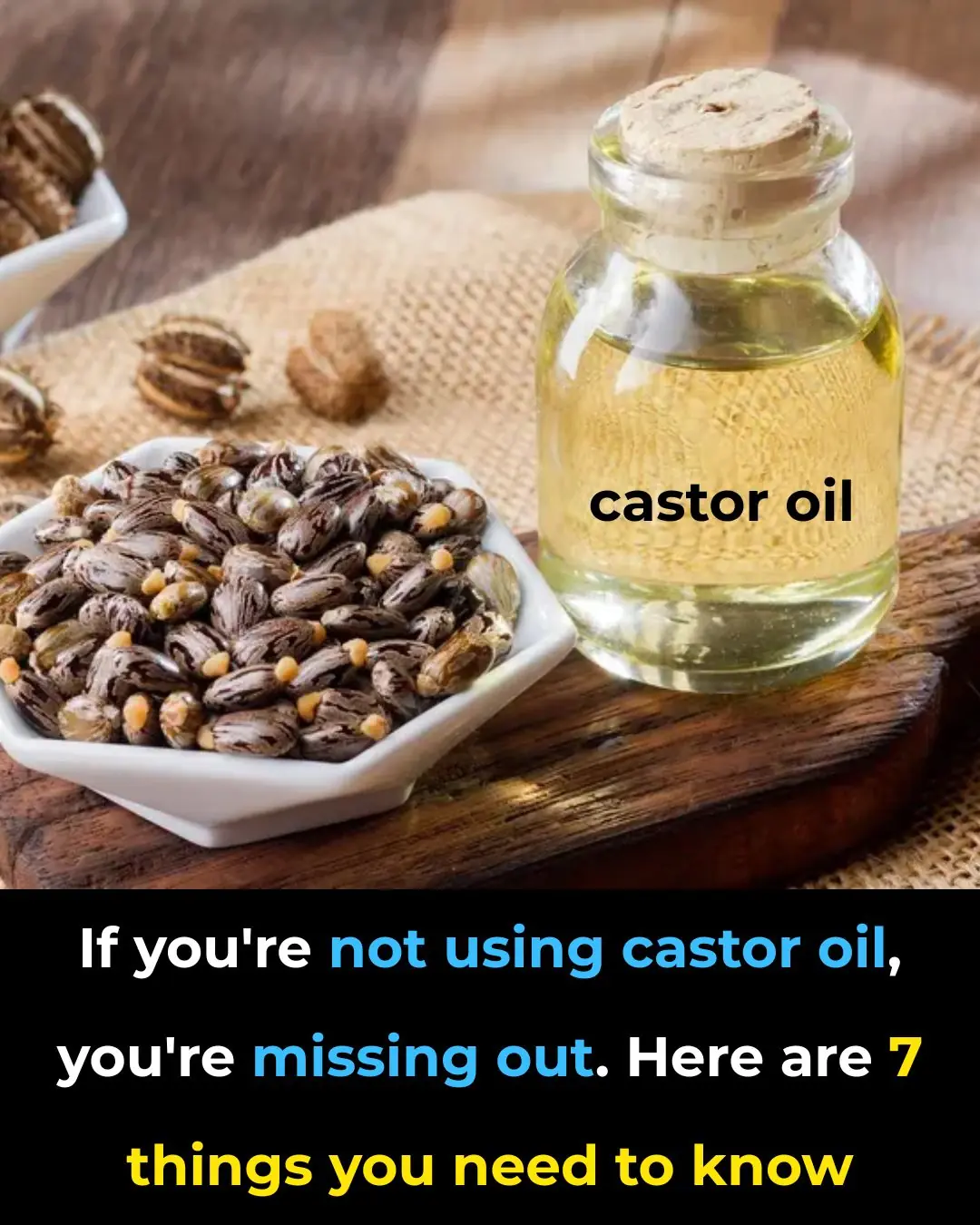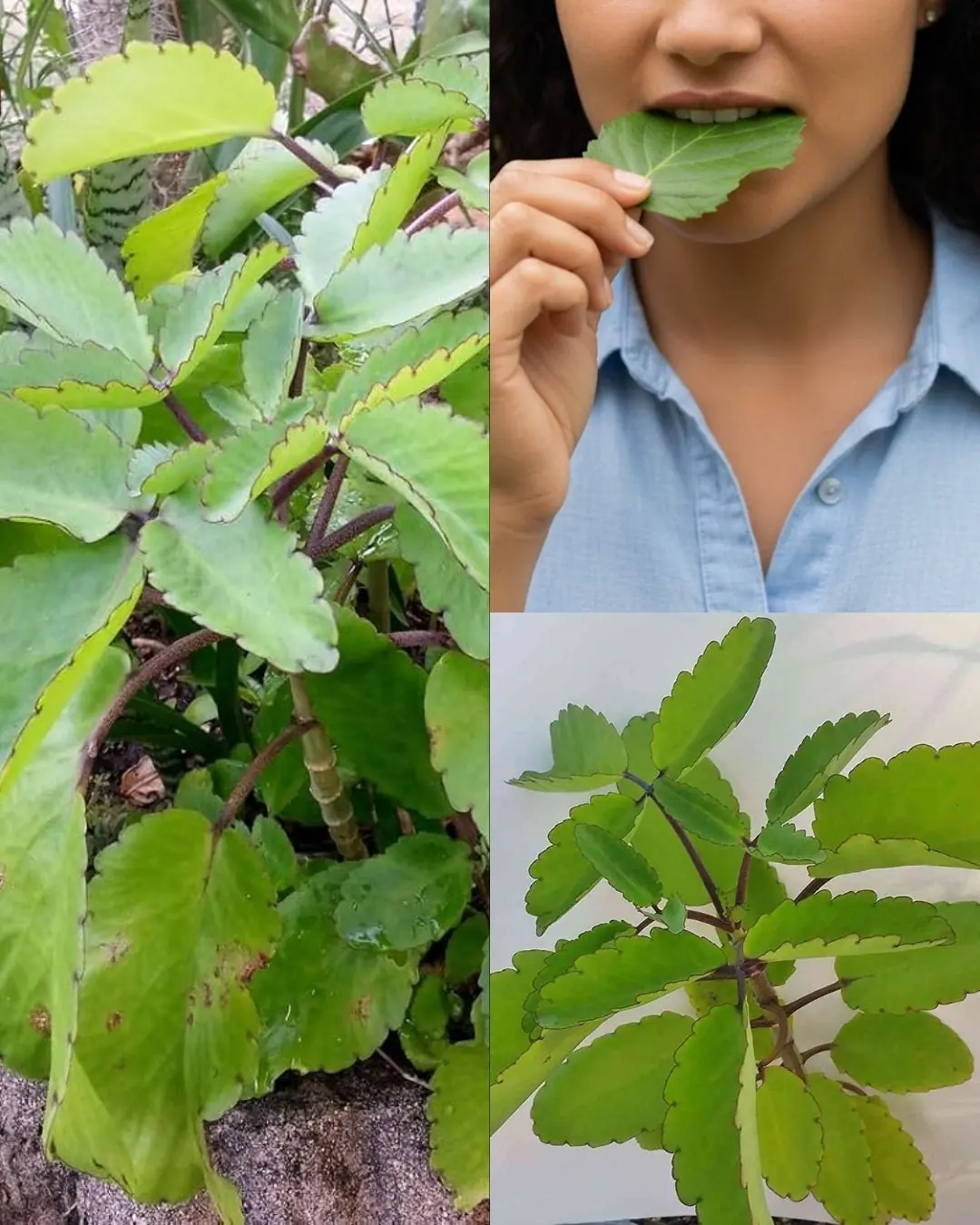
Water Pepper — The Plant That Parasites Fear
Known in Vietnam by many names such as Nghể răm, Răm nước, or Thủy liễu, Polygonum hydropiper (commonly called Water Pepper) has long been recognized in traditional medicine for its strong anti-parasitic, anti-inflammatory, and detoxifying effects. Modern research is now validating what ancient healers already knew: this humble wetland plant contains powerful compounds that can repel and destroy parasitic worms and larvae — making it one of nature’s most underrated protectors (Journal of Ethnopharmacology, 2021; Frontiers in Pharmacology, 2023).
Botanical Description
Water Pepper is an annual herb reaching 20–70 cm tall. Its slender stems branch frequently and bear lance-shaped leaves with a faint “V” mark on the surface. The plant produces slender drooping spikes of reddish flowers from September to December, followed by glossy oval fruits. It thrives in moist environments such as rice paddies, stream edges, and wet ditches, growing vigorously during the rainy season (Flora of Vietnam, 1997).
Distribution and Ecology
Belonging to the large Polygonum genus, Water Pepper is widespread across tropical and subtropical Asia, extending to parts of Europe. In Vietnam, it is found throughout the country, from lowland plains to upland regions below 500 meters. The plant prefers sunlight and damp soils and is often considered a weed by farmers — though its medicinal value far outweighs its reputation (Vietnamese Medicinal Plants, Võ Văn Chi, 1996).
Chemical Composition
The whole plant is rich in flavonoids (2–2.5%), notably quercetin, kaempferol, rutin, and hyperoside, which contribute to its potent antioxidant and anti-inflammatory properties. It also contains essential oils (0.3–0.35%), tannins, organic acids (formic, acetic, valeric, malic), vitamin K, and sesquiterpenes like polygodial, known for its strong antimicrobial and anti-parasitic activity (The Wealth of India, Vol. VIII, 1969; Phytochemistry Reviews, 2020).
These compounds have been shown to disrupt the metabolism of helminths (worms) and insect larvae, making P. hydropiper effective against intestinal worms, fleas, and skin parasites — explaining why dogs and cats tend to avoid the plant’s smell.
Pharmacological Properties
Scientific studies confirm multiple therapeutic effects of Water Pepper:
-
Anti-parasitic and antibacterial: Extracts inhibit bacteria and kill parasite larvae within 72 hours of exposure (BMC Complementary Medicine and Therapies, 2022).
-
Anti-inflammatory: Flavonoids suppress cytokine release, helping manage allergic reactions and inflammatory conditions.
-
Diuretic and detoxifying: Promotes urination and supports liver and kidney function.
-
Reproductive effects: In animal trials, root extracts delayed ovulation and prevented conception, supporting its traditional use as a natural contraceptive in India (Indian Journal of Natural Products, 2021).
However, when consumed excessively, it may irritate the digestive tract in livestock and humans, so moderation is advised.
Traditional and Folk Uses
For centuries, Water Pepper has been used in Vietnam, China, and India as a natural remedy for:
-
Intestinal worms and parasites (both human and animal)
-
Rheumatism and muscle pain
-
Snake bites (as an adjunct to first aid treatment)
-
Dysentery and diarrhea
-
Skin conditions like scabies and eczema (via topical wash)
Typical preparation methods include boiling the fresh or dried plant to make a decoction, or grinding the fresh leaves with salt and applying them directly to affected skin areas.
Example Remedies
-
For parasitic infections:
Boil 30g of dried or 60g of fresh Water Pepper in 500 ml of water. Drink the strained liquid twice daily for three days. -
For skin itching or scabies:
Boil 100g of the fresh plant, use the water to bathe, and apply the residue to the affected skin. -
For snake bites (folk use):
Crush 25 shoots of Water Pepper with 25 leaves of Phèn đen and a small piece of tobacco. Add a bowl of boiled water, strain, and drink in three portions per day. Apply the residue to the wound.
Conclusion
Polygonum hydropiper is far more than a swamp weed — it’s a botanical powerhouse that protects against parasites, infections, and inflammation. As modern pharmacology continues to uncover its bioactive components, this once-overlooked herb is earning renewed respect as a valuable resource for sustainable, plant-based medicine (National Library of Medicine, 2024).
In essence, Water Pepper deserves recognition not only as a traditional anti-parasitic herb but as a modern scientific discovery waiting to be fully appreciated.
News in the same category


Blurred Vision in One Eye and a Headache

George Clinton and Rodney “Darkchild” Jerkins Honored as 2025 Songwriters Hall of Fame Inductees

Angel Reese Surprises Mom for Birthday by Paying off Her Mortgage

THIS 30-YEAR-OLD FOUNDER IS BEHIND THE WORLD’S FIRST ON-DEMAND ELECTRIC VEHICLE CHARGING NETWORK

Pioneering Founder of ‘Afro Sheen,’ George Johnson, to Release Memoir at 97 Years Old

Meet the Founder of the Only Black-Owned Dog Food Company in the U.S.

Meet Kimberlé Williams Crenshaw, the Pioneering Legal Scholar Whose Work Birthed Critical Race Theory

How a Legal Error Cost Justin Baldoni his $400M Lawsuit Against Blake Lively and Ryan Reynolds

Don’t Throw Away Fish Mint Roots — Here’s Why They’re a Hidden Superfood

Here’s the right way to use vinegar in cleaning

Easy DIY Fix for Cracked Bathroom Caulking

8 Reasons Why Adding Baking Soda to Your Toilet Tank Is a Must-Do Trick

Most People Do This Wrong: 10 Everyday Habits That Make Mold Grow Faster

Three Traditional Foods That Help Menopausal Women Stay Youthful and Balanced

How to Drink Honey Water Properly: Surprising Benefits, Best Times, and Who Should Avoid It

Taylor Swift reportedly beefs up security by $2M as she steers clear of spotlight at Travis Kelce’s games

How Zohran Mamdani’s aloof wife, Rama Duwaji, quietly steered his campaign from behind the scenes

Emmerdale fans spark 'recast' concern as Archie Breckle returns to the village
News Post

Tried this the other day and it did wonders!

Mix this into the cleaning water and the floor will be shiny and resistant to stains

2 Signs of Kidney Failure: If Your Morning Urine Shows This Sign, See a Doctor Immediately

Why are you absolutely forbidden to put your feet on the car dashboard, even when stopping?

Most do this wrong. 10 frozen foods you’re storing wrong

Magical Ways to Protect Wooden Furniture from Termites

The ring you pick reveals what kind of woman you are

Reason Why You Should Always Shower At Night

If You’re Not Using Castor Oil You’re Missing Out

Why You Shouldn’t Wash Rice Directly in an Electric Rice Cooker

Leaf of Life – The Healing Plant Growing in Your Backyard

You are doing it all wrong. Here's the right way to load your dishwasher

Add Lemon Juice To Vaseline To Get Younger Looking Skin

8 Methods That Clean Your Gut & Eliminate Constipation Fast! (100% Natural Remedies)

You are doing it all wrong. Here's the right way to fold fitted sheets

How to eat bread, rice, and potatoes without blood sugar spikes

You are doing it all wrong. Here's the right way to wash your towels

Silent heart attack — the pain no one recognizes in time

The HIDDEN cause of neck and shoulder pain nobody talks about
